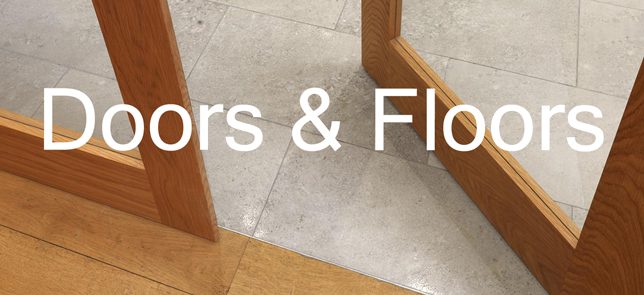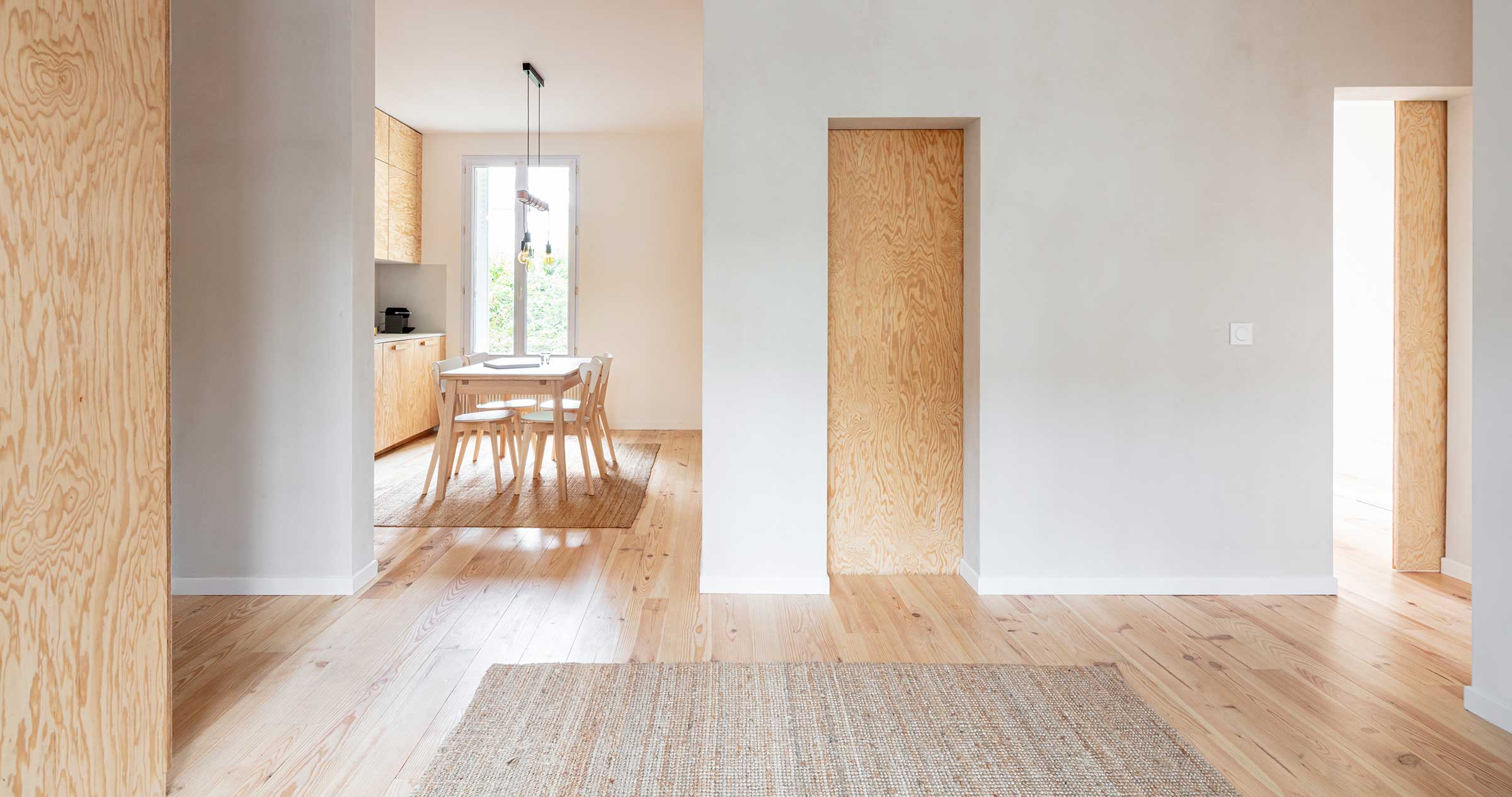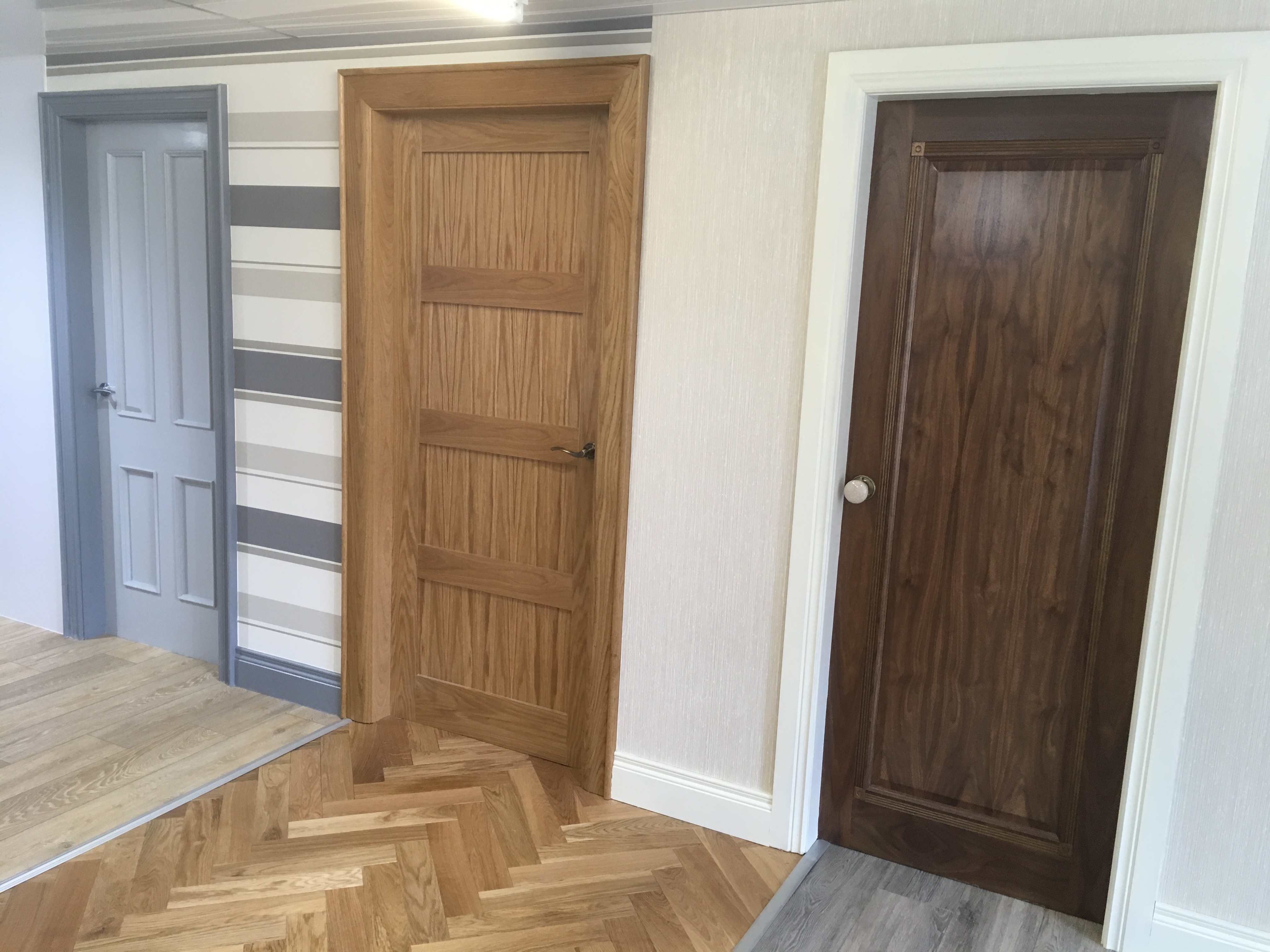Introduction
When it comes to home improvement, two critical elements that can make or break the ambiance of your space are the floor and the door. As a homeowner, I’ve gone through the process of selecting the best flooring and doors for my home, and I’m thrilled to share my experience with you. In this article, we will explore the different types of flooring and doors available, their pros and cons, installation tips, maintenance practices, and everything in between!
Understanding Types of Flooring
1. Hardwood Flooring
Hardwood flooring is a timeless choice that adds elegance and sophistication to any room. Made from solid wood, it’s known for its durability and long lifespan.
Pros and Cons
- Pros: Durable, timeless aesthetics, increases home value.
- Cons: Expensive, susceptible to water damage.
2. Laminate Flooring
Laminate flooring mimics the appearance of wood or stone but is made of synthetic materials. It’s a budget-friendly alternative.
Pros and Cons
- Pros: Affordable, scratch-resistant, easy to install.
- Cons: Less durable than hardwood, can fade in sunlight.
3. Vinyl Flooring
Vinyl flooring is a versatile option available in various styles and colors. It’s waterproof, making it perfect for kitchens and bathrooms.
Pros and Cons
- Pros: Water-resistant, comfortable underfoot, easy to clean.
- Cons: Can dent easily, may emit VOCs.

4. Carpet Flooring
Carpet is known for its comfort and warmth. It’s available in various materials, textures, and colors.
Pros and Cons
- Pros: Comfortable, sound-absorbing, warm.
- Cons: Requires regular cleaning, can hold allergens.
Comparison Table of Flooring Options
| Type of Flooring | Durability | Water Resistance | Price Range |
|---|---|---|---|
| Hardwood | High | Low | $$$ |
| Laminate | Medium | Medium | $$ |
| Vinyl | Medium | High | $ |
| Carpet | Medium | Low | $$ |

Understanding Types of Doors
1. Solid Wood Doors
Solid wood doors are heavy, durable, and provide excellent insulation. They are a classic choice for front doors.
Pros and Cons
- Pros: Excellent insulation, aesthetic appeal, durable.
- Cons: Expensive, can warp in humid conditions.

2. Hollow Core Doors
Hollow core doors are lightweight and more affordable. They are typically used for interior doors.
Pros and Cons
- Pros: Cost-effective, lightweight, easy to install.
- Cons: Less durable, poor sound insulation.
3. Fiberglass Doors
Fiberglass doors are known for their strength and resistance to weather conditions. They can mimic the look of wood.
Pros and Cons
- Pros: Weather-resistant, low maintenance, energy-efficient.
- Cons: Can be expensive, may not be as aesthetically pleasing as wood.

4. Steel Doors
Steel doors are incredibly strong and provide excellent security. They are often used for entry doors.
Pros and Cons
- Pros: Highly durable, great for security, energy-efficient.
- Cons: Prone to rust, less aesthetic appeal.
Comparison Table of Door Options
| Type of Door | Durability | Insulation | Price Range |
|---|---|---|---|
| Solid Wood | High | High | $$$ |
| Hollow Core | Low | Medium | $ |
| Fiberglass | Medium | High | $$$ |
| Steel | High | Medium | $$ |

Installation Tips for Flooring and Doors
Installing Flooring
While some homeowners choose to hire professionals, installing flooring can be a DIY project with the right tools and preparation.
- Ensure the subfloor is clean and dry.
- Use underlayment for sound insulation and moisture barrier.
- Follow manufacturer guidelines for installation techniques.

Installing Doors
Installing a door can significantly enhance your home’s security and aesthetics. Here are some tips:
- Measure the door frame accurately before purchasing.
- Level the door using shims during installation.
- Ensure the door swings open in the desired direction.
Maintenance of Flooring and Doors
Flooring Maintenance
Maintaining your flooring not only keeps it looking new but also prolongs its lifespan. Here are some tips based on the type of flooring:
- Hardwood: Regular sweeping and occasional refinishing.
- Laminate: Clean with a damp mop, avoid excess water.
- Vinyl: Easy to clean with mild cleaners, avoid abrasive scrubs.
- Carpet: Vacuum regularly and deep-clean periodically.
Door Maintenance
Doors also require maintenance to ensure they function well and look appealing:
- Inspect hinges and locks regularly for rust and wear.
- Clean doors with appropriate cleaners based on the material.
- Repaint or re-stain wooden doors every few years.
Conclusion
Choosing the right flooring and doors for your home can significantly enhance its overall appearance and functionality. Whether you opt for the classic elegance of hardwood or the modern aesthetic of fiberglass doors, it’s essential to weigh the pros and cons of each option. Personal experience has taught me that investing time in research and considering both style and practicality pays off in the long run. Remember to maintain your selections to enjoy them for years to come!
Frequently Asked Questions (FAQs)
What is the best flooring option for high-traffic areas?
For high-traffic areas, laminate or vinyl flooring is often recommended due to their durability and ease of maintenance.
How do I choose the right door for my home?
Consider the style of your home, the level of security needed, insulation properties, and your budget when choosing a door.
Can I install flooring and doors myself?
Yes, many homeowners successfully install their flooring and doors with the right tools and instructions. However, hiring a professional is advisable if you’re unsure.
How often should I maintain my flooring?
This varies by type. Generally, hardwood flooring should be swept regularly and refinished every few years, while vinyl can be cleaned as needed.
What are the benefits of choosing energy-efficient doors?
Energy-efficient doors can help reduce heating and cooling costs, enhance indoor comfort, and create a more sustainable living environment.